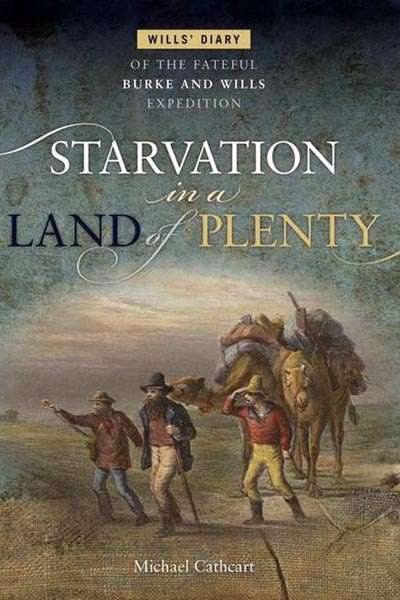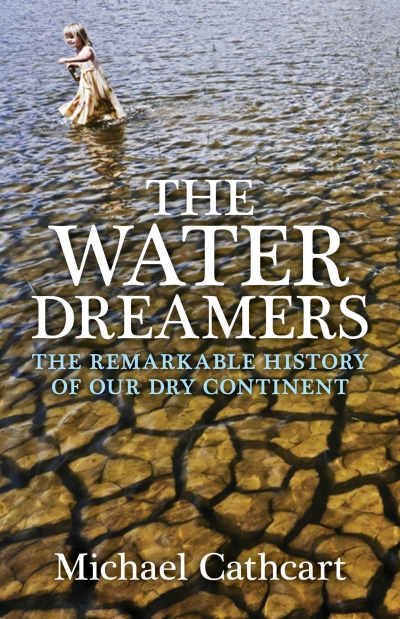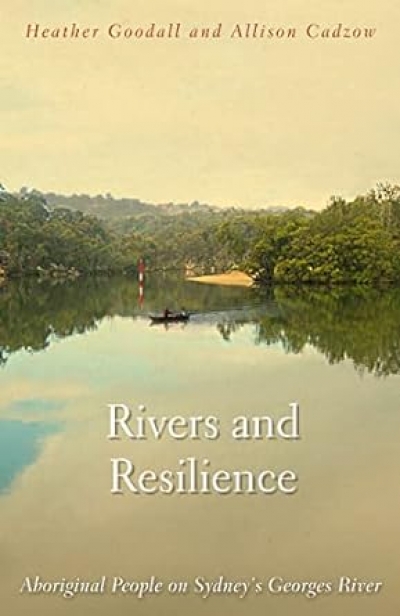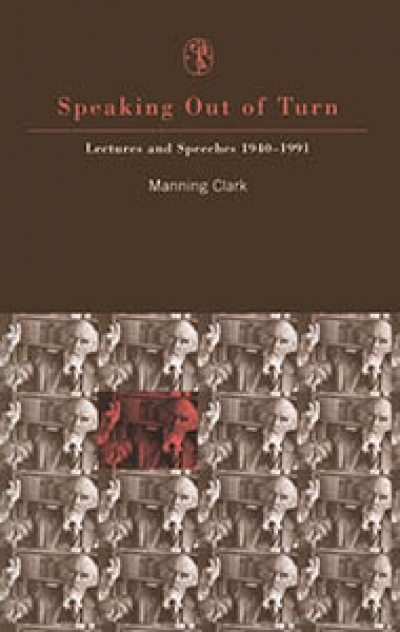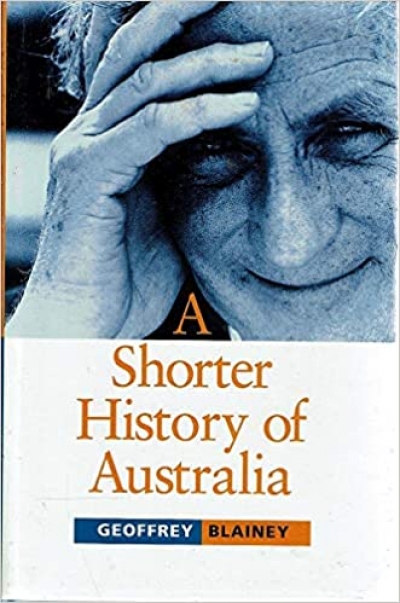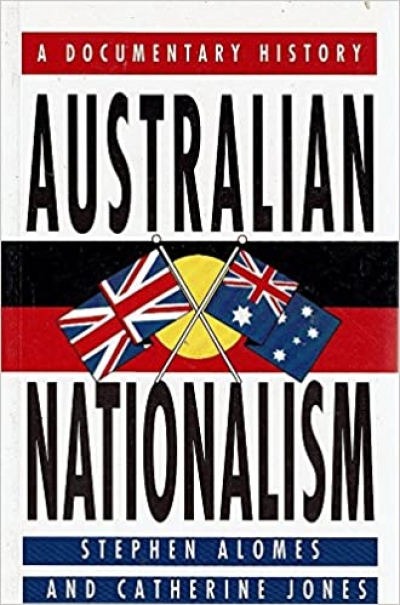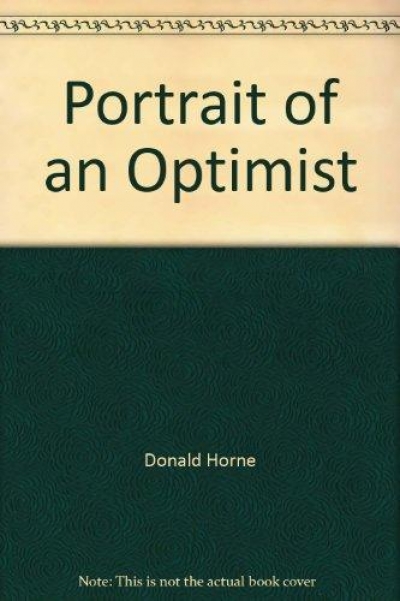Michael Cathcart
Starvation in a Land of Plenty: Wills’ diary of the fateful Burke and Wills expedition by Michael Cathcart
by Peter Menkhorst •
The Water Dreamers: The remarkable history of our dry continent by Michael Cathcart
by Rosaleen Love •
Rivers and Resilience: Aboriginal People On Sydney’s Georges River by Heather Goodall and Allison Cadzow
by Michael Cathcart •
Speaking Out of Turn: Lectures and speeches, 1940–1991 by Manning Clark
by Michael Cathcart •
Australian Nationalism: A documentary history edited by Stephen Alomes and Catherine Jones
by Michael Cathcart •

